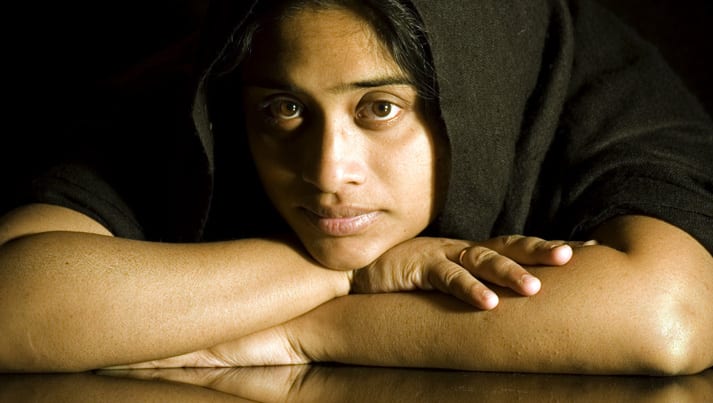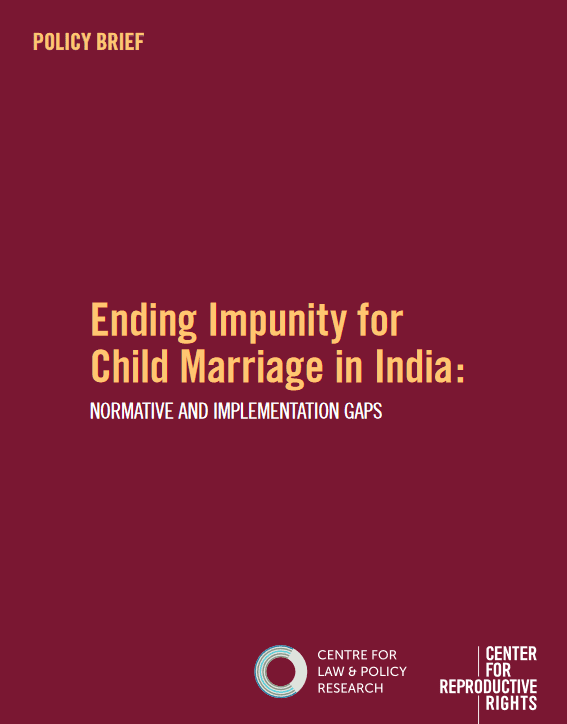The forgotten, rejected and neglected women of Pakistan: Kiran’s story.

Government of Sindh must take action to protect the thousands of women afflicted with obstetric fistula
UPDATE, January 2019: In response to the petition, the Health Department of Sindh has committed to establishing four fistula repair centers in the province to improve availability of fistula repair treatment. In its annual planning documents, the Health Department referred to the petition specifically as the justification for allocating funds for fistula repair treatment. In response to directions from the court, the Health Department also recently provided a list of the working gynecologists in government hospitals in Sindh. The list reveals that a majority of gynecologist positions are vacant and that a number of districts in Sindh do not have any gynecologists working in government hospitals. On the last hearing date in January 2019, the Court directed the Health Secretary to take action to increase the number of gynecologists in government hospitals. The Health Secretary pledged to provide a report on the measures taken to rectify the alarming situation at the next hearing on February 19, 2019.
01/30/2019 – In her early 20s, Kiran Sohail, a resident of Karachi, gave birth to her first child. Shortly after the delivery, Kiran developed the symptoms of obstetric fistula, a debilitating, preventable pregnancy-related injury that plunged her into almost a decade of unbearable suffering and isolation.
Obstetric fistula—most often caused by prolonged, obstructed labor that is not addressed by prompt obstetric care—occurs when a hole opens between the birth canal and the bladder, causing the constant, uncontrollable leaking of urine and/or feces. With the proper treatment, the devastating condition can be quickly repaired. But, Kiran did not receive this treatment as she was unable to afford it.
And so, like thousands of victims of obstetric fistula, Kiran experienced intense social stigma and shame and was forced to live in extreme discomfort, making it nearly impossible for her to perform daily tasks or leave her home. Many of those afflicted with the condition are abused, shunned and even abandoned by their families, communities, and spouses.
Before finding a qualified provider at a charitable hospital who was able to perform the surgery to repair the fistula free of cost, Kiran sought treatment for eight years, but was repeatedly told by doctors at private and government health facilities that they lacked the training to provide treatment.
In the summer of 2015, the Center for Reproductive Rights responded to this injustice by teaming up with Pakistani lawyer Sara Malkani, then South Asia Reproductive Justice and Accountability Initiative (SARJAI) fellow and now the Center’s Advocacy Advisor for Asia, to take legal action on behalf of Kiran—and thousands of women and girls like her. Together, we filed a petition in the High Court of Sindh, Karachi, demanding that the government ensure affordable access to, and information about, treatment for obstetric fistula in every district in the province of Sindh.
Although the petition is still pending, the Court has passed a number of significant interim orders as a result of the petition. The court ordered funds to be allocated for fistula repair training programs as well as treatment and rehabilitation services for patients. The Sindh Maternal, Newborn and Child Health Programme also began talks with petitioners to allocate appropriate funds to build fistula repair centers in the province.
The filing against the Sindh government was developed as part of SARJAI, a partnership spearheaded by the Center that brings together lawyers in the region to promote the use of legal-accountability strategies to address ongoing violations of women’s reproductive rights across South Asia.
While this is the first case in Pakistan seeking recognition of the widespread incidence of obstetric fistula as a violation of women’s fundamental rights to dignity and life, international and regional legal precedents provide a strong basis for the High Court of Sindh to recognize Pakistani women’s right to access reproductive health care.


